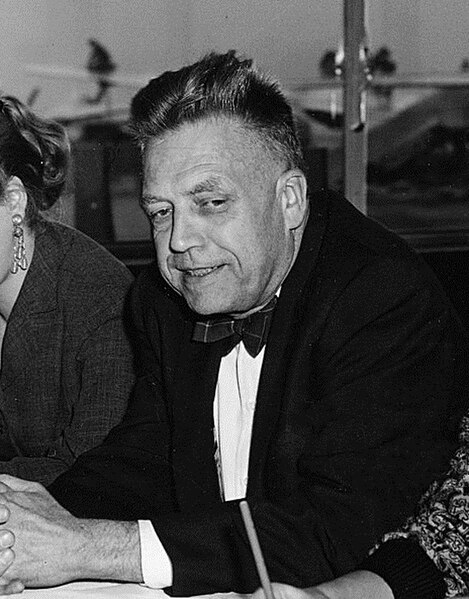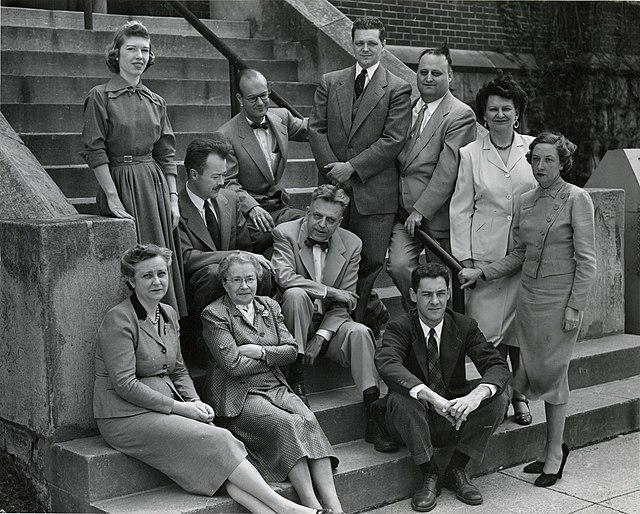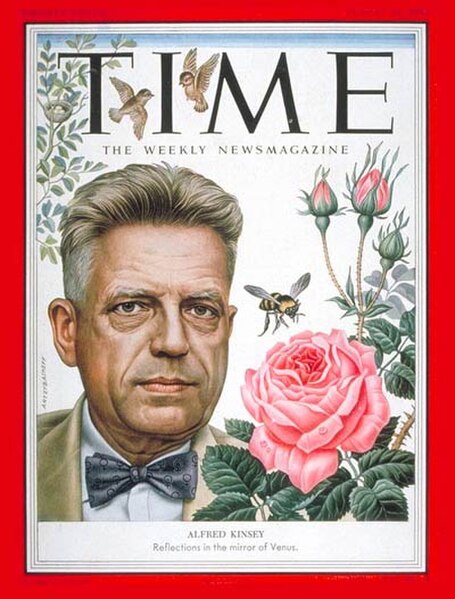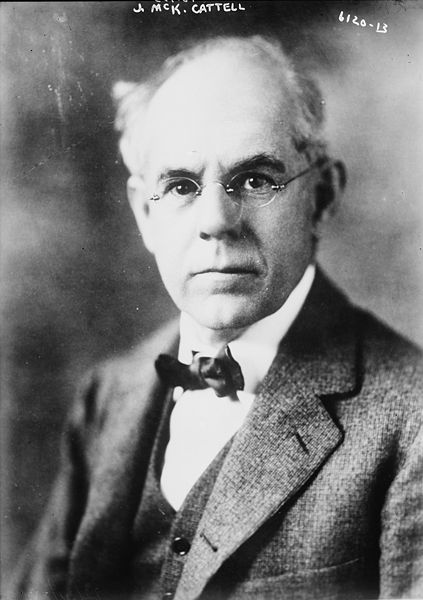Alfred Charles Kinsey was an American sexologist, biologist, and professor of entomology and zoology who, in 1947, founded the Institute for Sex Research at Indiana University, now known as the Kinsey Institute for Research in Sex, Gender, and Reproduction. He is best known for writing Sexual Behavior in the Human Male (1948) and Sexual Behavior in the Human Female (1953), also known as the Kinsey Reports, as well as for the Kinsey scale. Kinsey's research on human sexuality, foundational to the field of sexology, provoked controversy in the 1940s and 1950s, and has continued to provoke controversy decades after his death. His work has influenced social and cultural values in the United States as well as internationally.
Kinsey in Frankfurt, November 1955
Oak-apple galls induced by Atrusca brevipennata, one of the wasp species first described by Kinsey
Kinsey (center) with staff of the Institute for Sexual Research, later renamed the Kinsey Institute
Alfred Kinsey on the cover of Time in 1953
Psychology is the study of mind and behavior. Its subject matter includes the behavior of humans and nonhumans, both conscious and unconscious phenomena, and mental processes such as thoughts, feelings, and motives. Psychology is an academic discipline of immense scope, crossing the boundaries between the natural and social sciences. Biological psychologists seek an understanding of the emergent properties of brains, linking the discipline to neuroscience. As social scientists, psychologists aim to understand the behavior of individuals and groups.
James McKeen Cattell, the first psychologist in the United States
Wilhelm Wundt (seated), a German psychologist, with colleagues in his psychological laboratory, the first of its kind, c. 1880
One of the dogs used in Russian psychologist Ivan Pavlov's experiment with a surgically implanted cannula to measure saliva, preserved in the Pavlov Museum in Ryazan, Russia
False-color representations of cerebral fiber pathways affected, per Van Horn et al.[V]








![False-color representations of cerebral fiber pathways affected, per Van Horn et al.[V]](https://upload.wikimedia.org/wikipedia/commons/thumb/1/1b/Simulated_Connectivity_Damage_of_Phineas_Gage_4_vanHorn_PathwaysDamaged.jpg/640px-Simulated_Connectivity_Damage_of_Phineas_Gage_4_vanHorn_PathwaysDamaged.jpg)